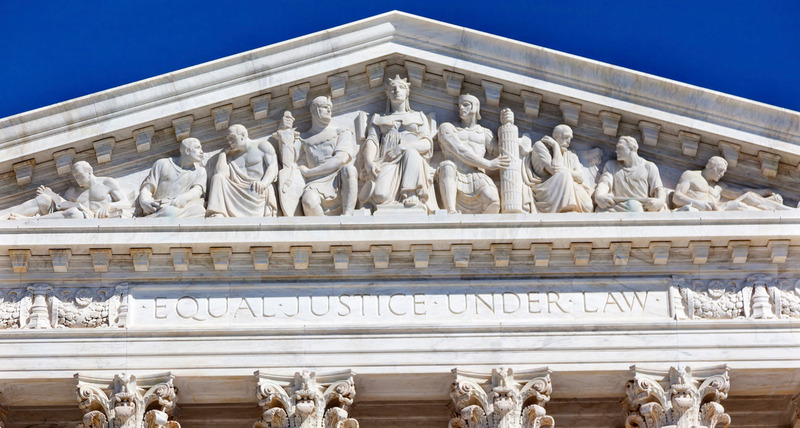






US Supreme Court Rules Unanimously To Curb Civil Asset ForfeiturePoker Players And Gamblers Were Caught Up In States' Money Grabs |
|
|

For years, law enforcement had used civil asset forfeiture, seizing assets from people suspected of involvement in a crime without necessarily charging them with wrongdoing, nationwide to increase local revenue. In many cases, victims were never charged with a crime and never saw their money or property returned.
The Supreme Court Justices were highly critical of property seizures and fines and ruled unanimously on February 20 that the Constitution’s prohibition on excessive fines applies to state and local governments, limiting their abilities to impose fines and seize property.
“This system — where police can seize property with limited judicial oversight and retain it for their own use — has led to egregious and well-chronicled abuses,” Justice Clarence Thomas wrote.
Justice Ruth Bader Ginsburg announced the decision for the court in support of Tyson Timbs. He had a $42,000 Land Rover seized after he was arrested for selling a couple hundred dollars’ worth of drugs in Marion, IN.
“For good reason, the protection against excessive fines has been a constant shield throughout Anglo-American history: Exorbitant tolls undermine other constitutional liberties,” Ginsburg wrote. “Excessive fines can be used, for example, to retaliate against or chill the speech of political enemies. . . . Even absent a political motive, fines may be employed in a measure out of accord with the penal goals of retribution and deterrence.”
Poker players and gamblers traveling with large amounts of money were sometimes caught up in the civil asset forfeiture shakedown. Recently, West Virginia Police stole $10,000 in casino winning from a couple who did not commit a crime.
And, in a case that gained widespread national attention, poker players William “Bart” Davis and John Newmerzhycky, who were driving through Iowa with out-of-state plates after a poker road trip, had their $100,000 bankrolls stolen after they allegedly failed to use a turn signal. Video confirmed that they properly signaled.

William Davis and John Newmerzhycky
“They took everything that I owned at that point in my life,” Newmerzhycky told Card Player in 2014. “My game was just starting to get on point and we decided to take that road trip…[T]hose Iowa cops pretty much put an end to [my poker playing] too and ruined my life."
An extensive analysis by the Washington Post in 2014 found there were 61,998 cash seizures made on highways and elsewhere since 9/11 without search warrants or indictments. These seizures totaled more than $2.5 billion and local authorities kept more than $1.7 billion of that while Justice, Homeland Security and other federal agencies received $800 million. Half of the seizures were below $8,800.
Timbs, who brought the case to the Supreme Court, was originally sentenced to five years probation and a year of house arrest. He argued that the forfeiture of his $42,000 vehicle was excessive in relation to the $10,000 maximum fine he faced for selling $385 worth of heroin.
Timbs had recently purchased the vehicle with an insurance policy payout after his father died.
